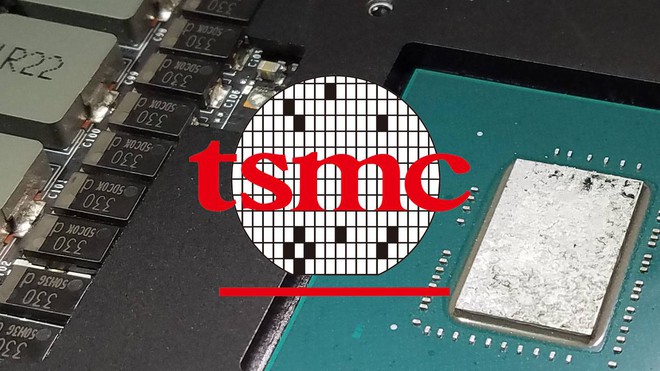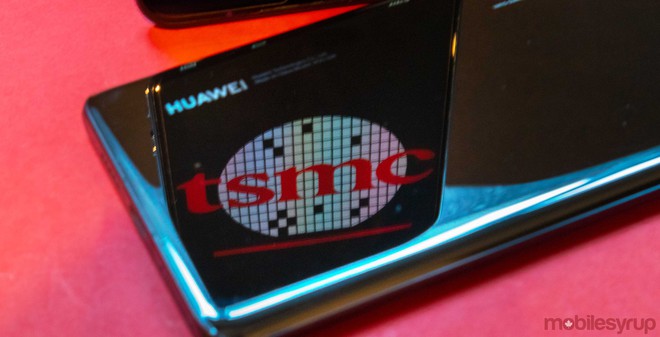The Taiwanese company is stuck between the US and China, the technology village is at the rage with the risk of “trade war” 2.0
- Tram Ho
Since its inception more than three decades ago, Taiwan’s famous chipmaker Taiwan Semiconductor Manufacturing (TSMC) has become successful by “behind the scenes” serving big companies like Apple and Qualcomm, contributing to No small help them “shine”. Now the company is gaining popularity, but for the unfortunate reason: TSMC has become the center of the new US-China trade war, which can be compared to an asset. There is great value that both sides are trying to find ways to control.
Last week, the Trump administration moved the trade to a new level by banning any chip makers using US-made equipment from providing Huawei products without the United States. Licensing. That means TSMC and similar companies will have to stop doing business with Huawei unless specifically authorized by the US Department of Commerce. Nikkei reported that TSMC has stopped accepting new orders from Huawei.

New developments threaten to cause a great disturbance to the complex ecosystem of technology circles. The attack not only threatens Huawei’s workers and market leader in smartphone and telecommunications equipment, but also affects hundreds of its suppliers. In response, the Chinese government also boldly announced that it would protect Huawei to the end, threatening to retaliate by targeting American companies that depend on China such as Apple and Boeing.
“China will certainly take vengeance, and investors should be prepared for the escalating trade war scenario,” said Stanford C. Bernstein’s analyst team in a report.
Yesterday, shares of suppliers to Huawei across Asia plunged. Shares of AAC Technologies, Q Technology Group, Sunwoda Electrnic and Lens Technology all fell at least 5%. TSMC – with about 14% of its revenue coming from Huawei – dropped 2.5%.
Last year by putting Huawei on the U.S. blacklist also prevented US companies from supplying Huawei unless licensed. This time the ban also applies to foreign companies. But not only Huawei and TSMC but also many American companies will be negatively affected.
Perhaps the founder Morris Chang could not imagine that one day TSMC would become a “card” to be desired by the two biggest powers in the world. Born in China but raised in the United States, in 1987 he founded a semiconductor chip company for any customer who did not want to build a very expensive chip manufacturing system.
At the time, TSMC’s idea was not supported by making its own chips. Dominating the industry are companies like Intel and AMD. Even AMD co-founder Jerry Sanders once said that “real men must have a factory”.
But in the following years, times changed. Customers from Apple and Huawei, to Qualcomm and Nvidia, find they can innovate and grow faster by focusing on chip designs and handing them to companies like TSMC to manufacture them. Emerging technologies like artificial intelligence or the Internet of Things also rely on companies like TSMC to explore new markets.

Today, many of the chips used in cell phones, self-driving cars, artificial intelligence and other important technologies are manufactured by TSMC. TSMC is currently a leader in the field of chip processing thanks to strong investment in the most advanced factories. It can currently produce 5-nanometer chips, while China’s leading company, SMIC, is still supplying 14-nanometer chips. The TSMC chip is more powerful and consumes significantly less power.
For TSMC itself, it is increasingly difficult to remain neutral in the context of escalating US-China tensions as today. The company claims to be “everyone’s factory”. The company supplies Chinese customers such as Huawei and the US military, and also relies on U.S. chipmaking equipment manufacturers such as Applied Materials and Lam Research.
Last week, TSMC took one step closer to the US when it announced building a $ 12 billion factory in Arizona. The US Department of Defense believes that factories abroad will be more vulnerable to network attacks and moving factories to the US will help ensure a more stable supply.
Refer to Bloomberg
Source : Genk
